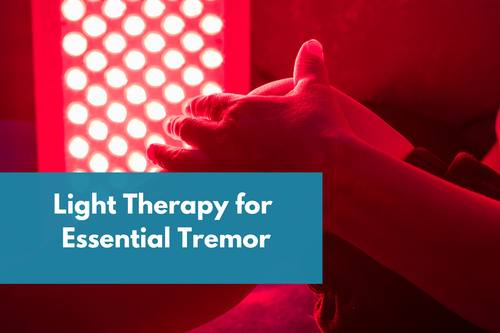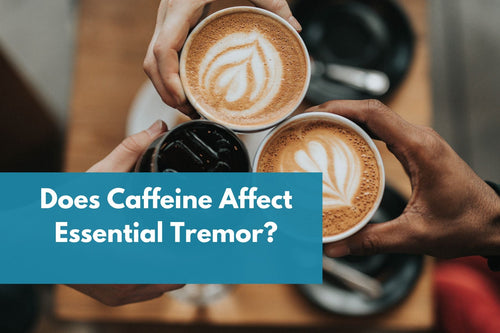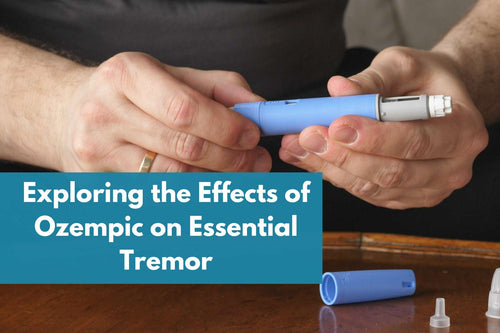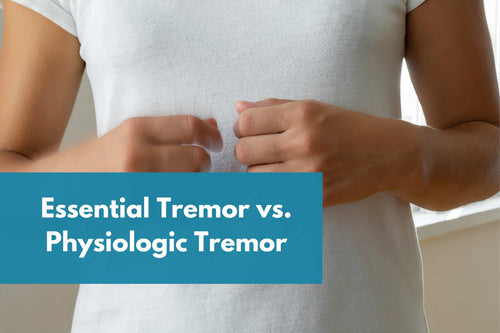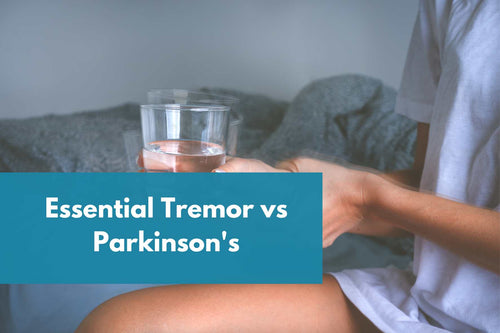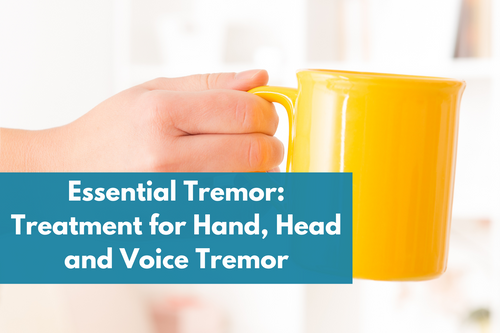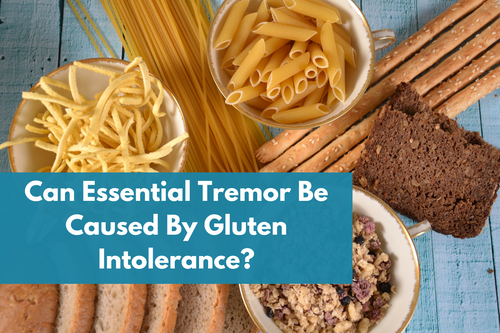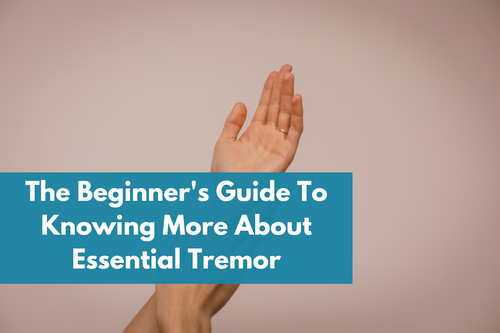
Why Do Essential Tremor Patients Live Longer?
Share
Essential tremor is a common neurological condition characterized by involuntary shaking of the hands, head, or other parts of the body. While it may be considered an inconvenience by many, recent studies have suggested a surprising silver lining for those living with essential tremors – a potentially longer lifespan.
Concept of essential tremor
Essential tremor is often associated with a genetic component, and it tends to run in families. Despite the challenges it presents, researchers have delved into the potential reasons behind the increased longevity observed in essential tremor patients.
A 1995 study revealed that parents of individuals with essential tremor (ET) who experienced tremors lived, on average, 9.2 years longer than those without tremors. Given that the extended lifespan observed in parents with tremors likely indicates the presence of ET, it led to the conclusion that ET may possess some anti-aging influence, significantly enhancing longevity.
Although the reasons behind this noteworthy observation are not immediately apparent, several possibilities exist. One potential explanation is that individuals with ET may possess an inherent personality trait that fosters dietary, occupational, and physical habits conducive to a longer life.
Active lifestyle
Living with essential tremors often requires individuals to adapt and find ways to manage daily tasks. This can inadvertently contribute to a more active lifestyle. Studies have shown that maintaining an active lifestyle can have positive effects on overall health and longevity. The constant movement and adaptation to tremors may encourage essential tremor patients to engage in physical activities, contributing to their overall well-being.
The importance of further research
The notion that essential tremor could be linked to a longer life was initially put forth by Minor in 1922, but the issue has never been fully resolved. Researchers now have the opportunity to investigate this using 'telomeres' obtained from the salivary cells. Telomeres, found at the end of chromosomes in all animals, are sections of DNA. Generally, a longer telomere is associated with an extended lifespan. Animal experiments indicate that certain strains with involuntary movement exhibit increased longevity. Hence, we aim to ascertain whether individuals with familial Essential Tremor (FET) possess telomeres longer than anticipated.
While these findings are intriguing, it's crucial to note that the relationship between essential tremors and longevity is not fully understood. More research is needed to unravel the complex interplay between telomeres, genetics, neurological conditions, and overall health.
Conclusion
The connection between essential tremors and a potentially longer lifespan raises fascinating questions for researchers and people with ET. While living with essential tremor may present its own set of challenges, understanding its potential positive impact on longevity adds a new dimension to the conversation. As ongoing studies continue to shed light on the intricacies of this relationship, individuals with essential tremors can find solace in the possibility of a silver lining to their condition.

